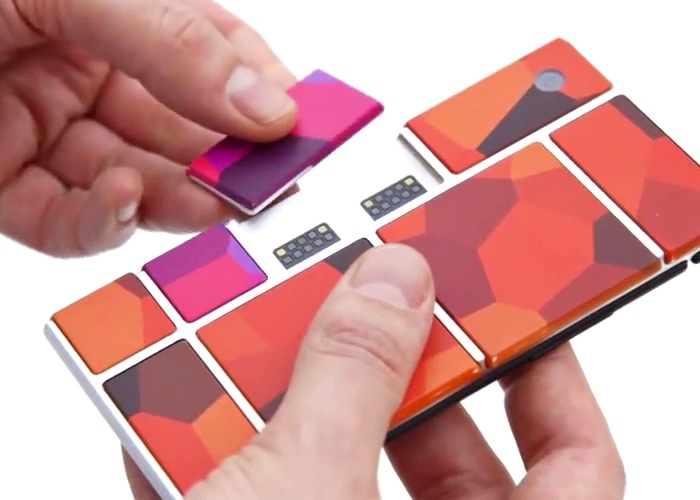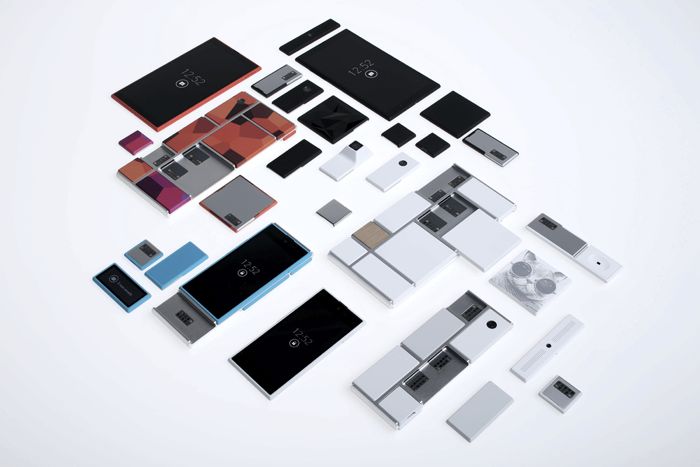'Project Ara' Smartphone Modules To Get Google Play Store-Like Marketplace
Globant, a services and software provider, announced today that it's going to help Google build a marketplace for Ara smartphone modules. Globant will be in charge of developing the e-commerce back-end for the Play Store-like marketplace.
“This represents a new milestone in Globant's ongoing partnership with Google, and we are very excited to be part of such an innovative project. Google has been a Globant client since 2006, and this shows their continuous trust in us. We are thrilled to be involved in such revolutionary projects," stated Martín Migoya, Globant CEO and co-founder.
The new Ara marketplace will reunite module developers with customers who will already have their own Ara smartphones and will want to customize the devices as they see fit by choosing from a variety of available modules.
The store should make it easier for module makers to find their customers, while it will also help consumers find the best possible modules. The consumers will be able to rate the modules in the marketplace, just like they can today in the Play Store. This should help new customers discover the good modules, while it should also encourage developers to create higher-quality modules to compete for a higher rating.
Whether it's Project Ara, Puzzlephone, Vsenn or some other modular smartphone platform, it will only succeed as long as it gets a critical mass of customization options that consumers feel are good enough to make them want to jump ship from a regular smartphone to a modular smartphone.
Modular smartphones come with their own disadvantages, such as thicker bodies, less sleek designs, and perhaps some latency issues between the modules (which could be mostly masked by the time these ship to market). Most consumers will need to see some clear benefits to owning a modular phone, other than being novel technology, before they pay money to get one.
That's why the modular phones' marketplaces will need to include a large variety of modules from day one; those modules must work well and have no issues. If consumers see that they can buy a $200-$300 Ara smartphone with average specs and then add a top-notch camera, or if they can buy the skeleton Ara platform for $50 and then add whatever modules they think are best, then modular phones could rapidly start to catch-on. It will be the same paradigm as those who build their own PCs versus those who buy them pre-built.
Get Tom's Hardware's best news and in-depth reviews, straight to your inbox.
Google will be revealing more information about the Project Ara and its module marketplace on January 15 at the next Developer Conference.
Follow us @tomshardware, on Facebook and on Google+.
Lucian Armasu is a Contributing Writer for Tom's Hardware US. He covers software news and the issues surrounding privacy and security.

